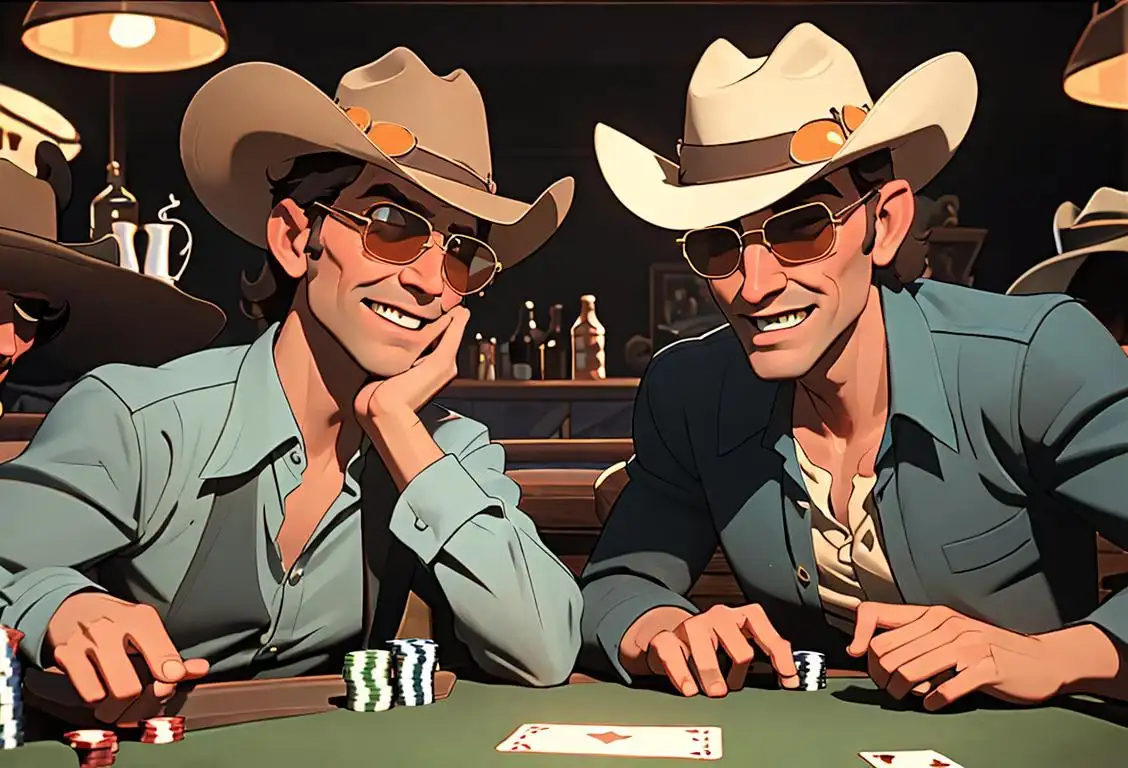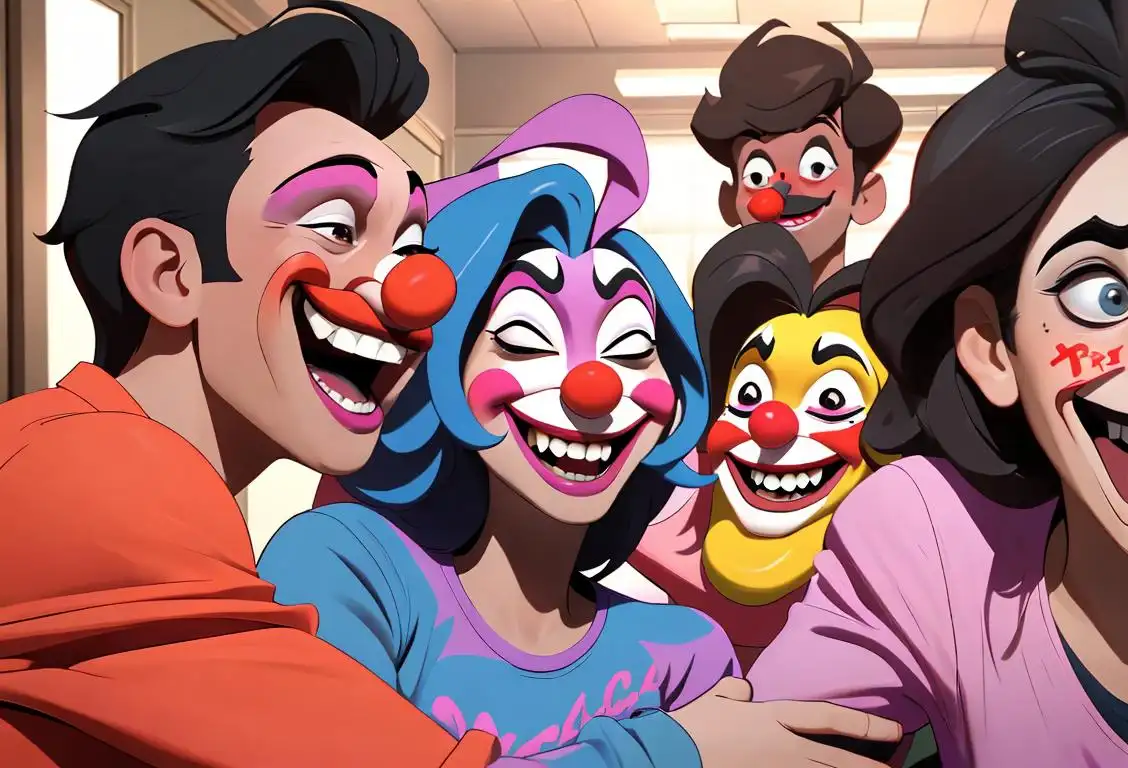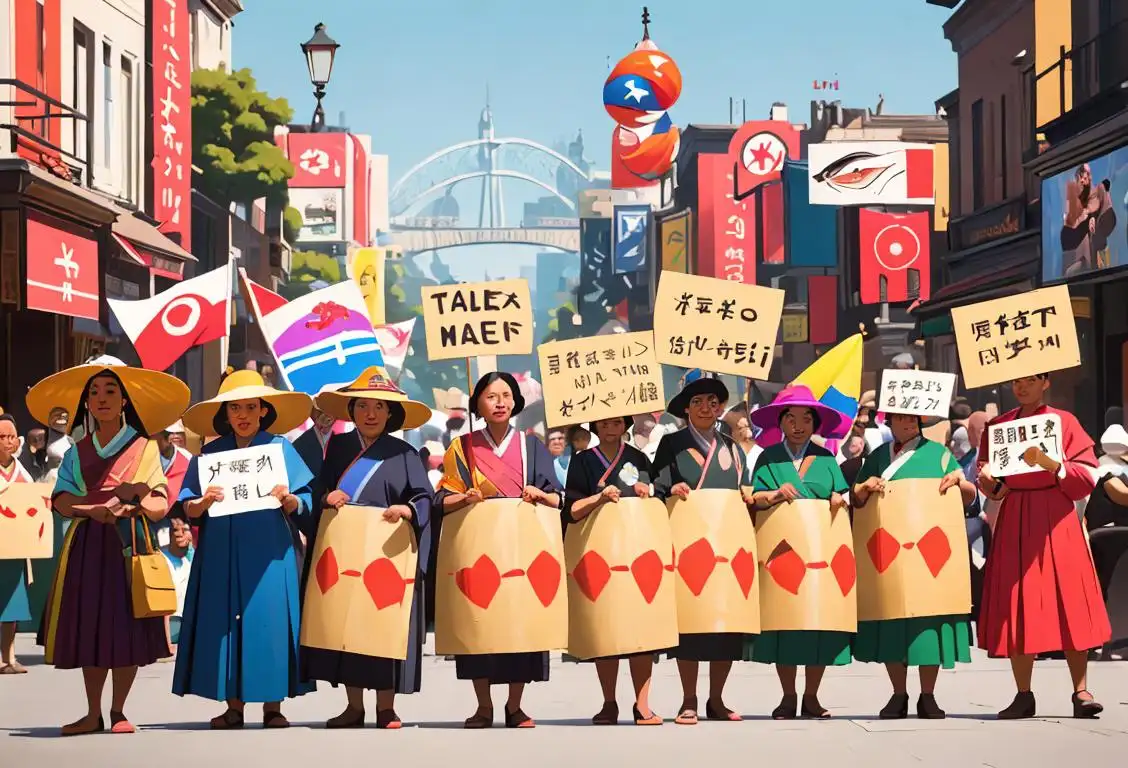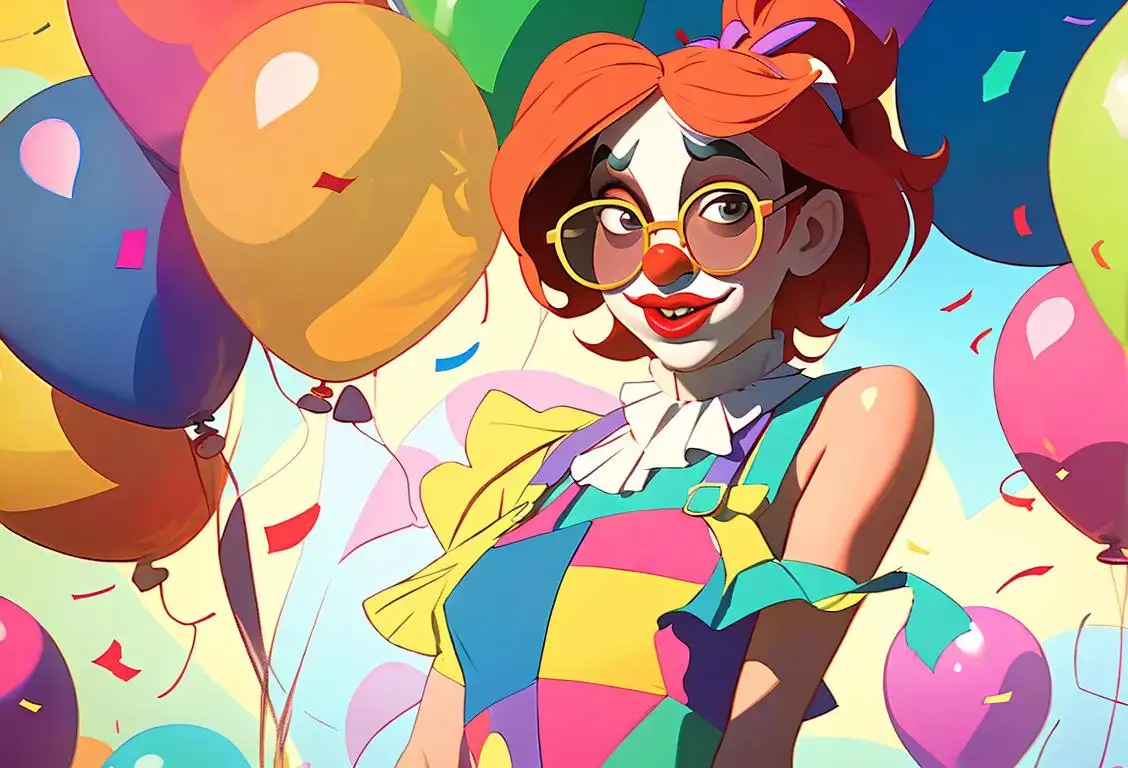National Cheaters Day

What a tangled web we weave! National Cheaters Day is certainly an unusual holiday to wrap your head around. As a holiday of infamous origin, it celebrates cheaters – no, not the infidelity kind, but those who find creative ways to break the rules and conventions, typically in harmless ways that provoke laughter rather than destruction.
When is Cheaters Day?
It's national cheaters day on the 3rd October.
A Day for Mischief
Whether it's sneaking cookies before dinner or setting the Scrabble board on fire with questionable words, National Cheaters Day is all about slipping past the rules in the name of fun and frivolity. It's found a space on our calendars much like a hidden ace up a poker player's sleeve, with 39 mentions popping up online. It seems to have peaked in popularity on October 3rd, 2020.
Fun And Games, Not Hurt Feelings
Before anyone gets too alarmed, this is not a day promoting unfaithfulness in relationships. No way, Jose! Rather, it's a day for pushing the boundaries in innocent ways - maybe bending the rules of the family board game, or cheating on your diet with a naughty dessert. It's all about fun, laughter, and a little bit of devious delight, without causing any real harm.
Embrace the Cheekiness
This day can act as a comic relief in our hectic lives, reminding us all to take a step back, indulge in some harmless mischief, and laugh at it. From the silly pranks at office to outrageous game night strategies, National Cheaters Day encapsulates the pure joy of harmless rule-breaking!
History behind the term 'Cheaters'
14th Century
Emergence of the term 'cheaters'
In the 14th century, the term 'cheaters' first appeared as a slang term in England. It was used to describe people who deceived others through dishonest or fraudulent means. This term became associated with individuals who would cheat or swindle others out of their money or belongings.
1700
Origins in card games
The term 'cheaters' finds its roots in the world of card games. In the early 1700s, as gambling became increasingly popular, players would use various methods to gain an unfair advantage. These individuals, who would manipulate the game by secretly exchanging cards or practicing sleight of hand, soon came to be known as 'cheaters.' It was during this time that the association between the term and deceptive gaming practices first emerged.
1250
The Beginnings of Cheating
The term 'cheaters' traces its origins back to the 13th century. In the year 1250, the word 'cheaters' entered the English language as a noun derived from the Old French word 'cheoiteor', meaning 'to deceive.' During this time, cheaters were individuals who employed deceitful tactics to gain an unfair advantage over others.
1800
Expanding beyond card games
As the 19th century dawned, the term 'cheaters' started to encompass a broader range of activities beyond just card games. It became a catch-all phrase to refer to individuals who engaged in any form of deceitful behavior to gain an unfair advantage in various domains of life. Whether it was cheating at games, sports, examinations, or even personal relationships, 'cheaters' became synonymous with dishonesty and fraudulence.
18th Century
Cheaters in the context of gambling
During the 18th century, the term 'cheaters' gained popularity in the context of gambling. It referred to individuals who used unfair tactics to gain an advantage over their opponents in card games or other betting activities. Cheaters would employ various techniques such as card manipulation, marked cards, or hidden devices to deceive their fellow players and increase their chances of winning.
1581
Cheaters in Academia
In 1581, the term 'cheaters' gained significance in the world of academia. During this period, university students who resorted to cheating or using dishonest means to pass exams or assignments were commonly referred to as 'cheaters.' The term became associated with academic dishonesty, marking a notable shift in its usage.
1920s
Cheaters in the Game
Moving ahead to the 1920s, the term 'cheaters' found its way into the realm of gaming and sports. It became a popular way to describe those who sought an unfair advantage by bending the rules. Cheaters were often frowned upon in the gaming community as they undermined the spirit of fair play and sportsmanship.
1920
Popularity in American slang
During the 1920s, the term 'cheaters' gained popularity in American slang. It became commonly used to describe people who were engaged in extramarital affairs or were unfaithful in their relationships. This usage of the term further solidified its association with dishonesty and betrayal. 'Cheaters' was used as a derogatory term to shame individuals involved in such behavior, reflecting the evolving cultural attitudes towards infidelity during that era.
19th Century
Cheaters in academics
In the 19th century, the term 'cheaters' expanded its meaning beyond the realm of gambling and into academics. It began to be used to describe individuals who engaged in dishonest practices during examinations or assessments. Cheating in schools and universities became a growing concern, leading to the introduction of honor codes and strict penalties for those caught cheating.
2000
The rise of reality TV
With the advent of reality television in the early 2000s, the term 'cheaters' gained even more visibility and notoriety. The popular reality show 'Cheaters,' which debuted in 2000, showcased confrontations between individuals suspecting their partners of infidelity. The show increased public awareness of infidelity-related issues and further propagated the term 'cheaters' in popular culture. The term became widely recognized, and its usage extended to refer to anyone involved in unfaithful relationships.
20th Century
Cheaters in relationships
During the 20th century, the term 'cheaters' took on another meaning associated with romantic relationships. It referred to individuals who were unfaithful or disloyal to their partners by engaging in extramarital affairs or secret relationships. The term gained prominence in popular culture, with songs, movies, and books depicting the themes of infidelity and cheating in relationships.
1960s
Cheaters in Romantic Relationships
In the 1960s, the term 'cheaters' expanded its scope to include individuals who engaged in infidelity or betrayed their partners in romantic relationships. This usage gained prominence with the rise of counterculture and changing societal attitudes towards monogamy. 'Cheaters' became a colloquial term to refer to unfaithful partners.
1990s
The Rise of Reality TV Cheaters
With the advent of reality television in the 1990s, the term 'cheaters' experienced another shift in meaning. The show 'Cheaters,' which began in 2000, popularized the term by documenting and exposing individuals involved in extramarital affairs or secretive relationships. It showcased the emotional drama and confrontations associated with cheating, captivating audiences across the globe.
21st Century
Cheaters in the digital age
In the 21st century, the term 'cheaters' expanded further with the rise of the digital age. Online platforms and dating apps introduced a new dimension to cheating, with individuals engaging in 'cyber-cheating' or 'online infidelity.' The ease of communication and anonymity provided by technology made it easier for people to engage in secret relationships or emotionally cheat on their partners.
Did you know?
This day might seem controversial at first glance, but more than anything, it’s a reminder not to take life too seriously. The most significant spike in online mentions occurred on Oct 3rd 2020, when scores of people took to social media platforms to share their most hilarious 'cheats'.Tagged
fun laughter celebration national day games mischief rules breaking conventions humorousFirst identified
2nd August 2017Most mentioned on
3rd October 2020Total mentions
39Other days
Cheaters Day
Prank Day
Association Of Day
Goof Off Day
Ice Cream Sandwich Day
Prosecco Day
Friend Day
New Jersey Day
Promposal Day
Sangria Day








